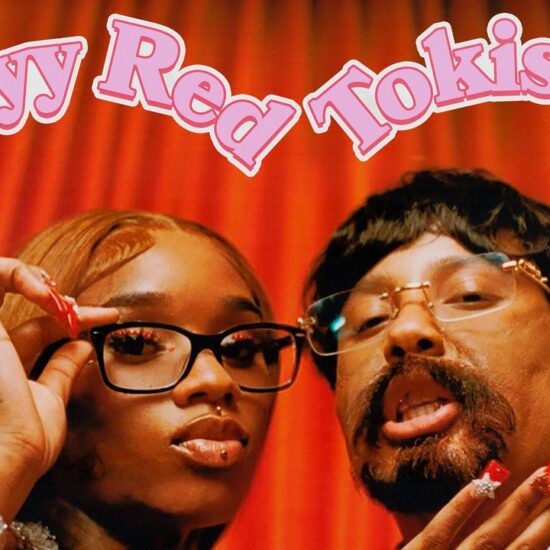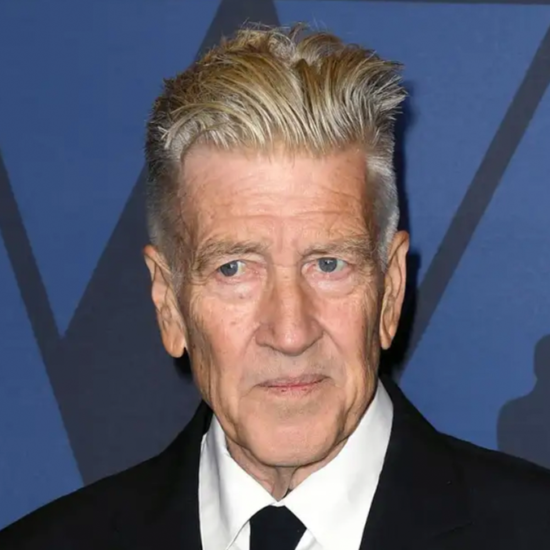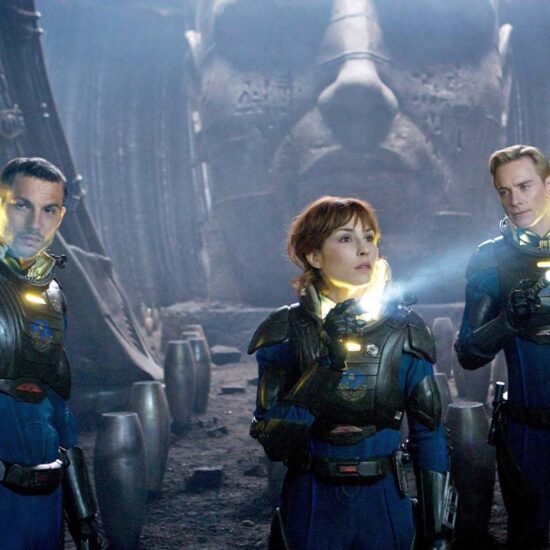
Scripted limited-run dramas inspired by recent, buzzy true-crime tales have recently oversaturated the market. And yet for as many as there are, notably few have drawn from what is arguably America’s most consequential (and most intractable) criminal justice phenomenon. The problem of dysfunctional policing and its disproportionate impact on communities of color has been largely ignored by scripted television, save for occasional arcs on the fictional police dramas whose rose-tinted views of police work have contributed to that very issue. (The quality of such well-intentioned episodes generally ranges between “Not totally humiliating” and “May induce cringe spasms.”)
The recent exception is “When They See Us,” Ava DuVernay’s gut-wrenching retelling of the Central Park Five case, which remains a potent example of how myopic and flawed police investigations can ruin lives. That show drew its power from how relevant the issues it explored remain three decades since the real-life incident that inspired it. “When They See Us” was, nevertheless, a period piece that echoed contemporary cases, but lacked the punch of a story ripped from recent headlines.
Perhaps current events involving, for example, police-involved shootings are too sad, too fresh, too morally muddled, or too lacking in resolution to be molded into an eight-episode drama with a royal-flush ensemble. Or, as “We Own This City,” HBO’s latest collaboration with co-creators David Simon and George Pelecanos, suggests, such a drama about real American policing is possible with a fortuitous combination of the right material and a writer perfectly equipped to breathe life into it.
It’s difficult to overstate just how qualified Simon, based on his past work, is to adapt the rise and fall of the Gun Trace Task Force, an elite plainclothes unit within the Baltimore Police Department that imploded under federal civil rights scrutiny following the death of Freddie Gray while in the BPD’s custody. The hand-picked nine-officer squad became legendary for its efficacy in pulling illegal guns off the street and sniffing out ill-gotten cash like Kevlar-vested truffle pigs. That track record gave the Gun Trace Task Force outsize influence and latitude within the department, especially at a time when an informal but widespread police work stoppage led to plummeting arrest numbers and increased crime.
The squad’s near-omnipotence inevitably led to widespread misconduct not seen outside adrenalized dirty-cop narratives like “The Shield” and “Training Day.” During the task force’s decade-long reign of state-sponsored terror, the officers robbed drug dealers and resold their stashes, or in some cases, used the specter of drug trafficking to steal cash from innocent motorists. When their reckless behavior threatened to expose them, they would resort to planting contraband, and detainees who objected too loudly were beaten with impunity. Even the least galling of the GTTF’s actions — siphoning hundreds of overtime hours, in some cases while on tropical vacations — would be enough to destabilize a municipality.
Simon has spent most of his television career taking such examples of institutional rot and turning them into riveting, lived-in stories about the people who become imperfect cogs in flawed machines. He’s brought his trademark journalistic rigor to such Baltimore-set series as “Homicide, “The Corner,” and most famously, “The Wire.” Simon cut his storytelling teeth as a beat reporter at the Baltimore Sun, and he and frequent collaborator Pelecanos adapted “We Own This City” from the book of the same name released last year by Sun reporter Justin Fenton. Between their behavior and the city’s backdrop, the Gun Trace Task Force almost operated as if their guiding principle was to be one day become totems of tragic systemic failure in a David Simon show.
Jon Bernthal stars as Sergeant Wayne Jenkins, the swaggering street pirate who led the GTTF, and became so egregious in his unlawfulness as to shock the consciences of fellow teammates who had considered a code of silence foundational to police work. Jenkins’ twin sun in this universe of brutality and grift is Daniel Hersl (Josh Charles), whose reputation as a rapacious bruiser precedes him. Hersl’s legend is massive enough that his name becomes a reflexive punchline when attorney Nicole Steele (Wunmi Mosaku) asks Baltimore pols for an example of predatory policing as part of a federal civil rights investigation.
Charles and Mosaku are the new kids on Simon’s mean streets, part of a broad ensemble culled from familiar faces from his informal troupe. Jamie Hector is terrific as Sean Suiter, a homicide detective whose past work alongside Jenkins has unseen consequences for the career he’s built since leaving Jenkins in his rearview. But the most resonant performance comes from McKinley Belcher III, who fully disappears into GTTF member Momodu Gondo. Belcher distinguished himself in Simon’s “Show Me a Hero” and a recurring role in “Ozark,” and gets what feels like a star turn despite his relatively small role.
Mosaku extends her recent hot streak as the federal attorney hoping to cajole the BPD into a consent decree before the 2016 presidential election, the results of which stand to either fortify or demolish police reform efforts. The Nicole Steele character ensures the audience understands the factors that yield a phenomenon like the GTTF, and she behaves as a journalistic proxy as she methodically investigates Hersl and his colleagues. Simon is always most interested in the whys behind institutional scandals, and that seriousness of purpose sets “City” apart from so many true-crime dramas that spend more time inventorying weird details rather than explaining the broader strokes. But the consequence is an atypically sterile performance from Mosaku, whose character seems to have escaped from a companion docuseries.
Director Reinaldo Marcus Green helms all six episodes of “City,” and he too is well-matched with the material. His first feature, 2018’s “Monsters and Men,” was an intimate triptych about men of color affected by the failures of modern policing. (That film was in production as the Gun Trace Task Force members were being rounded up to stand trial for their crimes.) Green stages the action sequences, the interrogations, and the smaller ripples with equal importance and care. Even when there’s, say, a frantic police chase through a residential area, “City” never feels like an action series, much to Green’s credit.
More than anything, “City” plays like an excruciating tragedy given how much the GTTF scandal exacerbated the policing failures that become unavoidable when the trust between officers and the communities they serve evaporates. (In one striking sequence, prosecutors struggle to find suitable jury members for any trial that hinges on the testimony on any BPD officer.) But it’s stunningly executed all the same.
“City’s” biggest flaw, one of the few it shares with other true-crime dramas, is a fractured chronology that emphasizes cleverness over comprehension. With this much happening at once, all the onscreen datelines in the world aren’t enough to avert the sense of being unmoored from time. But that may be a quibble for a show like “City,” which is inspired by a type of true crime so pervasive and deep-rooted that only the tools and tactics evolve over time.
The six-episode limited series “We Own This City” premieres April 25 on HBO and rolls out weekly.














